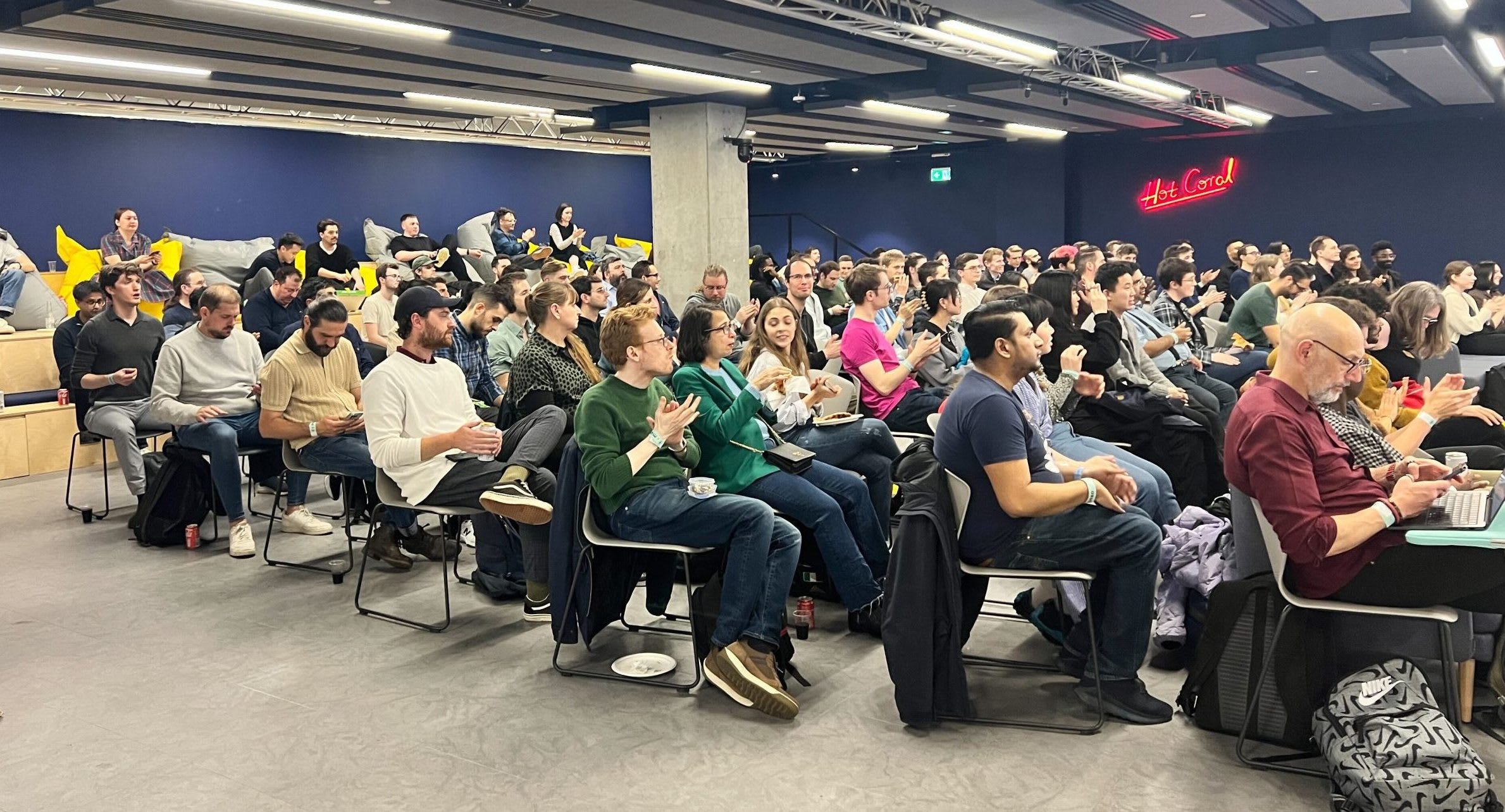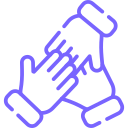
This year we’re re-launching meetups for our awesome community to connect all year round.
Upcoming meetups
2026 meetups
Coming soon

In 2025, we launched meetups in Athens, Stockholm, Amsterdam, Edinburgh, Munich, Chicago and more. Keep your eyes peeled and calendars ready for 2026 dates!
Join us for an evening of talks, networking and nibbles. And don’t forget to join our meetup groups so you never miss an announcement.
Get involved

Deliver a talk
Fill out our CFP to share your story and ideas with our community

Become an organising host
Fill out our form to let us know where you’d like to run a local LeadDev meetup

Volunteer to support
There’s loads of ways you can help out, let us know which meetup you’d like to support

Sponsor a venue
If you’ve got a space and would like to host a meetup, get in touch

Click here to join our Slack channel
Be part of the conversation and hear the latest updates























